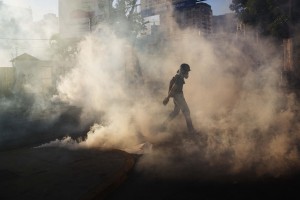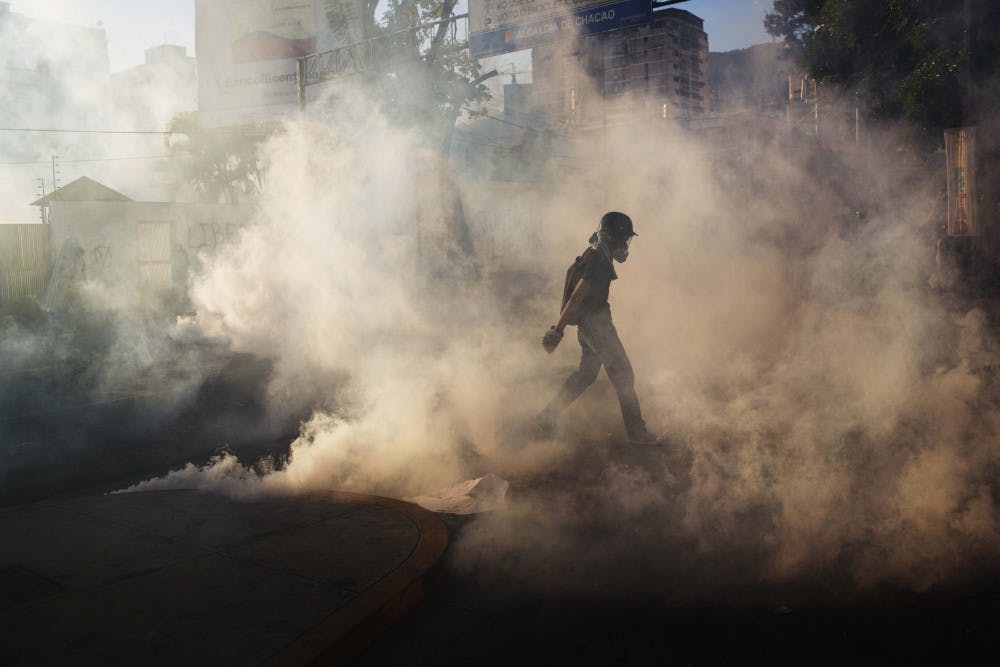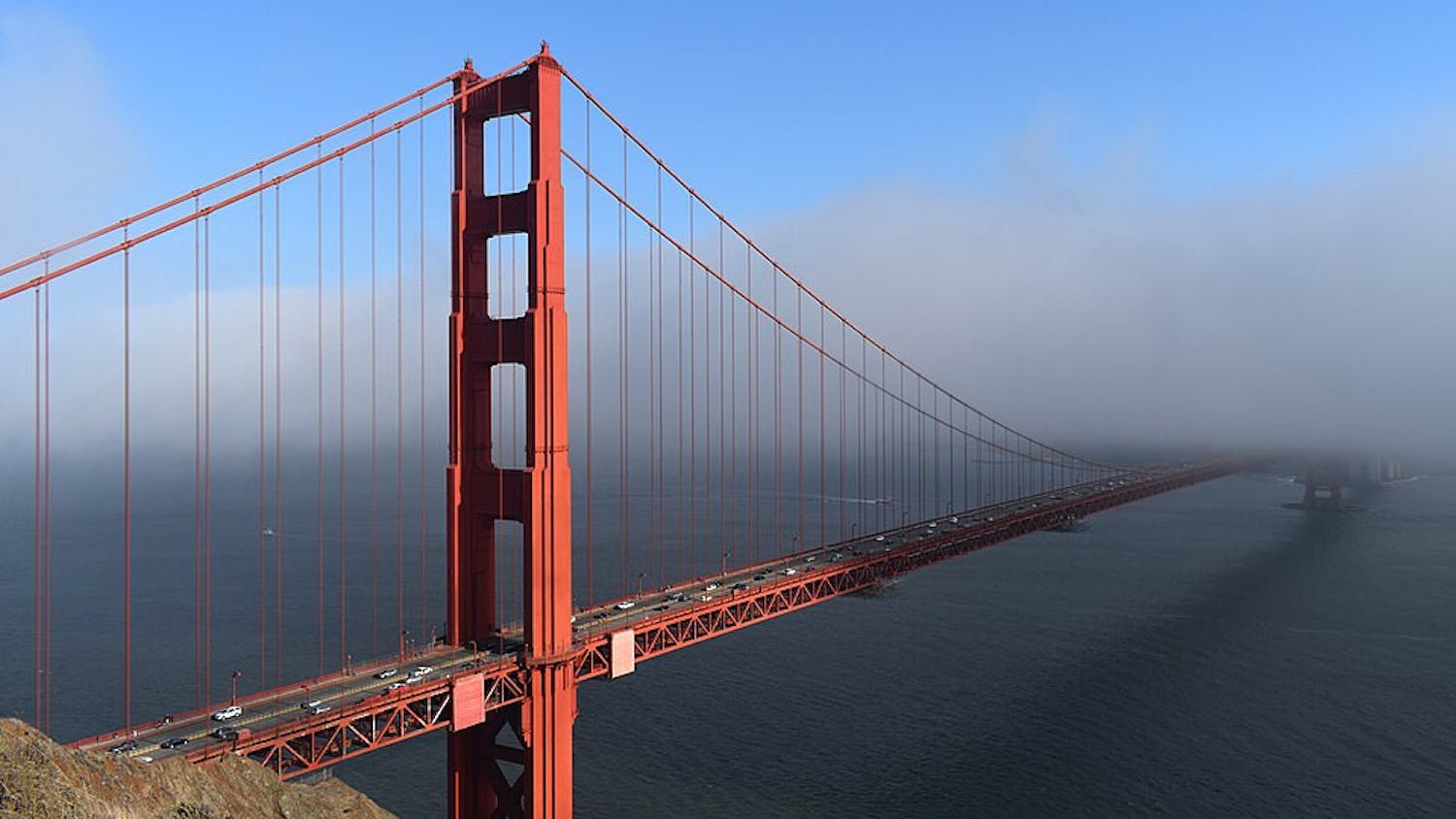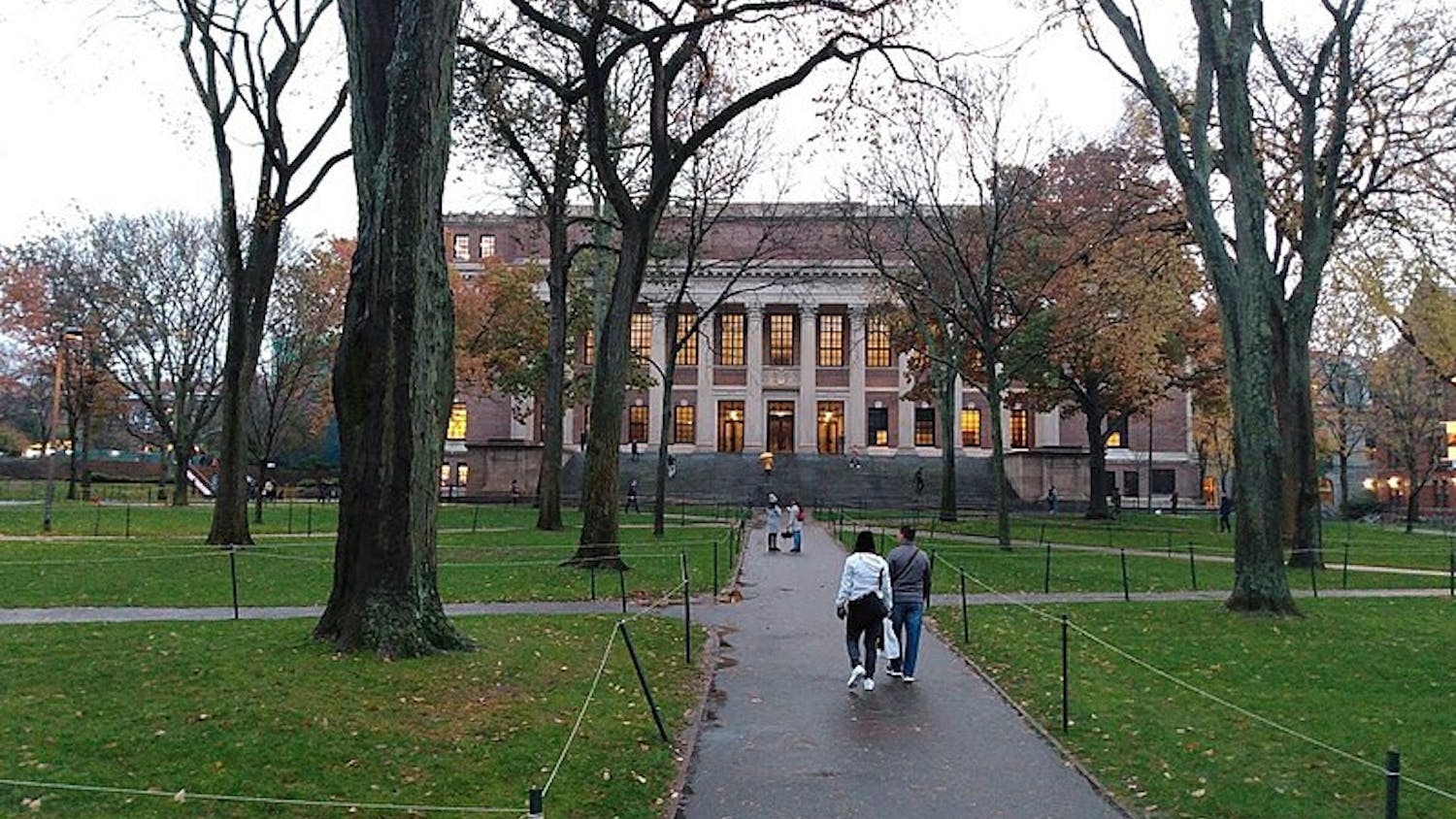By Samantha Liebman
Correspondent
What started in the beginning of February as a student protest in the Western states of Tachira and Merida has spread throughout the country, where many unsettled Venezuelans have taken to the streets. The students initially began their protests in response to the failure of the Venezuelan police to take action after a female student was allegedly raped. Since then, the protests have flourished into something much more.
Inflicted by an unseemly high crime rate, increasing levels of inflation at 56 percent, and the diminishing amount of basic goods available to the public, the unrest in Venezuela has been brooding within the borders of the country. According to The Huffington Post, the discourse could have been foreseen through a poll that analyzed the way Venezuelans feel about their lives. As a new Gallup study reports, in 2013, 35 percent of the citizens felt as though the standard of living had been increasingly getting worse — an increase of 24 percent from the previous year. 80 percent claimed they felt unsafe walking around at night in their hometowns.

AP Photo.
BBCNews noted that the student movement started its protests in the city of Caracas on Wednesday, Feb. 12, and have since been joined by two hardliners from the Table for Democratic Unity (MUD), who have been in support of the public’s ongoing opposition of President Nicolas Maduro. Former mayor Leopoldo Lopez and MP Maria Corina Machado began “#lasalida,” which translates as “the exit” and “the solution” in Spanish, in order to garner support and gather people to join the protests in Caracas. Venezuelan officials ordered the arrest of Lopez on Thursday, Feb. 13, on charges of terrorism and murder linked to the opposition and protests.
Leading the opposition group is Henrique Capriles, a former presidential nominee who narrowly lost to the president in April of last year and, according to BBCNews, did not initially support the marches. However, after more than 500 arrests were made and around 13 people found dead due to the violent nature of the marches, Capriles joined the demonstrators and protestors on the streets with a more moderate sector of the opposition, in order to encourage peaceful demonstrations.
The protests in Venezuela do not seem to be dying out, despite the security forces’ use of tear gas and fervent arrests. According to CBC News, the government has reacted to the demonstrations by shutting down media outlets through direct orders by President Maduro. As of Friday, Feb. 28, 17 people have died and over 260 have been injured.







